At the beginning of each year, many people focus on creating financial plans. It’s vital for financial health and savings success to prepare a budget that meets your needs. When budgeting, you’ll want to review your previous budget to determine what prevented you from achieving some goals. Also, researching and evaluating your previous cash flow and spending will help you set realistic targets. If you’re looking to create or revamp your budget, these five budgeting tips will help you get started!
1. Personal Goals
As you cover currents bills, it’s important to contemplate your financial position in the future. This includes setting short-term goals, such as buying a new car, or long-term targets including buying a home or retirement.
Estimate the total cost for achieving your goals and include those savings in your budget. It is recommended to set aside money for personal savings goals in a savings account. Alternatively, you can open separate accounts for each major savings goal to ensure you are keeping the money separate.
2. Financial Adjustments
Assess your spending and cash flow. Your income should decently outweigh your expenses. You will also want to evaluate your discretionary item spending and ensure you’re setting aside savings funds that outweigh your discretionary income. Evaluate your expenses to find reoccurring or unnecessary expenses that you can cut. All of these decisions and spending cuts will help you optimize your budget and save additional funds.
3. Previous Year Review
Review your 2017 cash flow to have an idea on how things might turn out in 2018. Check your credit card reports and bank statements for the whole year to evaluate your expenditures. There are budgeting tools out there which you can use to help you review your budget if you prefer. Additionally, be sure to manually track your expenditure moving forward to monitor your spending habits.
4. Predict the Future
When budgeting in 2018, you might need to add some necessary expenses, such as events, home improvements and other important items. Also, it’s essential to include irregular bills such as insurance premiums and taxes, as these expenses add up and effect your bottom line.
5. New Challenges
Every new year has its unique challenges. For instance, new health care and tax reforms may inflate your budget. Follow up on significant transformations in government policies as they may affect your financial plan. It’s tricky predicting which new laws and policies will be passed. Nevertheless, consulting a tax professional will help you handle such challenges.
When starting to set your budget, it’s advisable to keep calm and use as much information as possible to make informed decision and set a realistic budget.
Budgeting for a new year needs effort and time. Consider specific factors such as your financial position, goals and achievements. For more information about personal finance or to open a new savings account to start saving, contact us today!
{{cta(‘1cce2128-9c7d-43bb-b3f8-b7e288d2bc94’)}}




